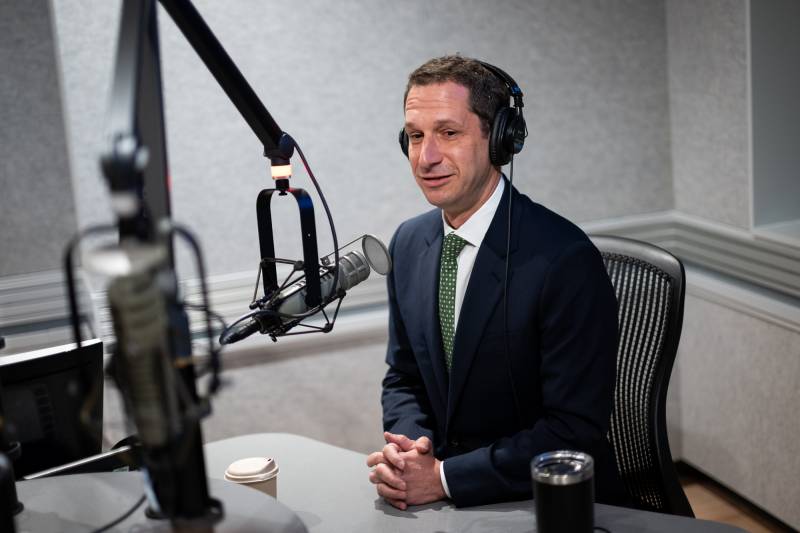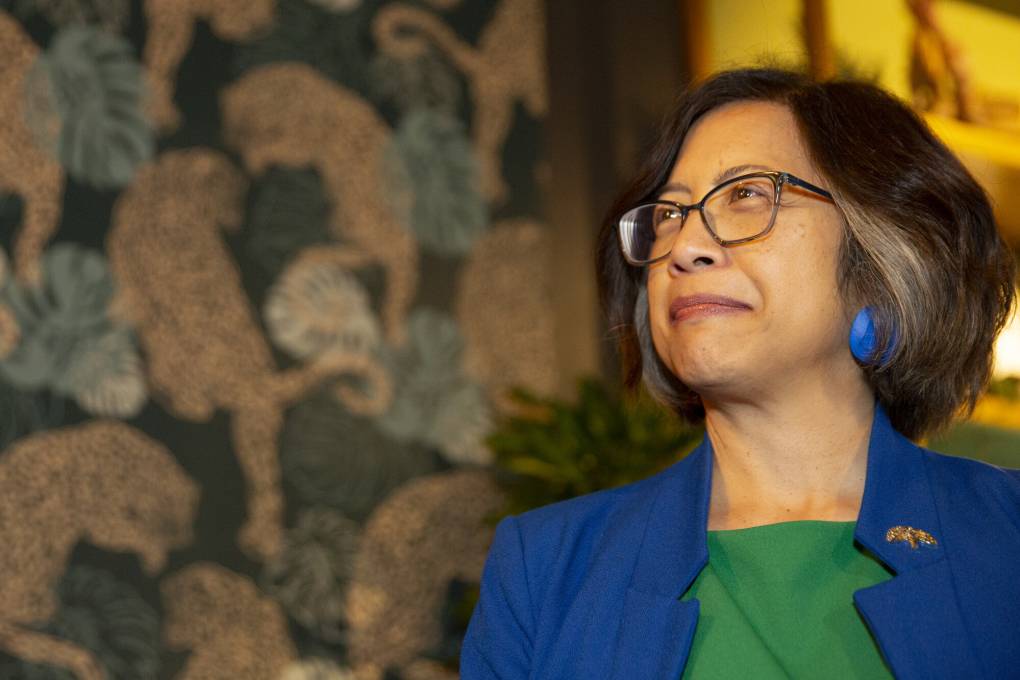“Mayoral transitions are largely symbolic. The real question or the real issue is who is he going to bring in as his staff and who is he going to hire as chief of staff and budget and policy team,” Ross said. “The tech community in San Francisco has been looking for tax breaks for 15 years. It’s not new or unusual.”
Lurie, a political newcomer with no prior elected government experience, ran his campaign against what he often described as corrupt “City Hall insiders.” He blamed the elected officials running against him, all with years of experience in City Hall, for not solving the city’s biggest challenges, such as homelessness, public safety and corruption in local government.
He also vowed to bring a heightened focus on accountability and made big promises like opening up 1,500 emergency shelter beds within his first six months in office and 2,500 interim housing units in two years.
With the election behind him and his first day ahead, Lurie said he plans to meet with business leaders like Salesforce CEO Marc Benioff and the heads of Gap and Levi’s.
He also intends to speak with former New York City Mayor Michael Bloomberg, whom he said he looks up to. Bloomberg had endorsed Breed and donated nearly $1.5 million to her reelection campaign. The director of Lurie’s transition team, Sara Fenske Bahat, helped steer 9/11 recovery projects in New York City and worked with Bloomberg.
“I am going to infuse as much knowledge from [Bloomberg] and his team as possible,” Lurie said, adding that he hopes to attend the Bloomberg-Harvard City Leadership Initiative, a program for mayors and city leaders around the country.
Lurie said he’s already spoken to Vice President Kamala Harris, who called to congratulate and pass on wisdom after his win.
“I had some incredible advice from the vice president who called and said, ‘Optimism is key to service,’” he said. “I believe implicitly in the promise of San Francisco. People need to hear that from their mayor. And the people around the country need to hear that San Francisco should not be counted out.”


